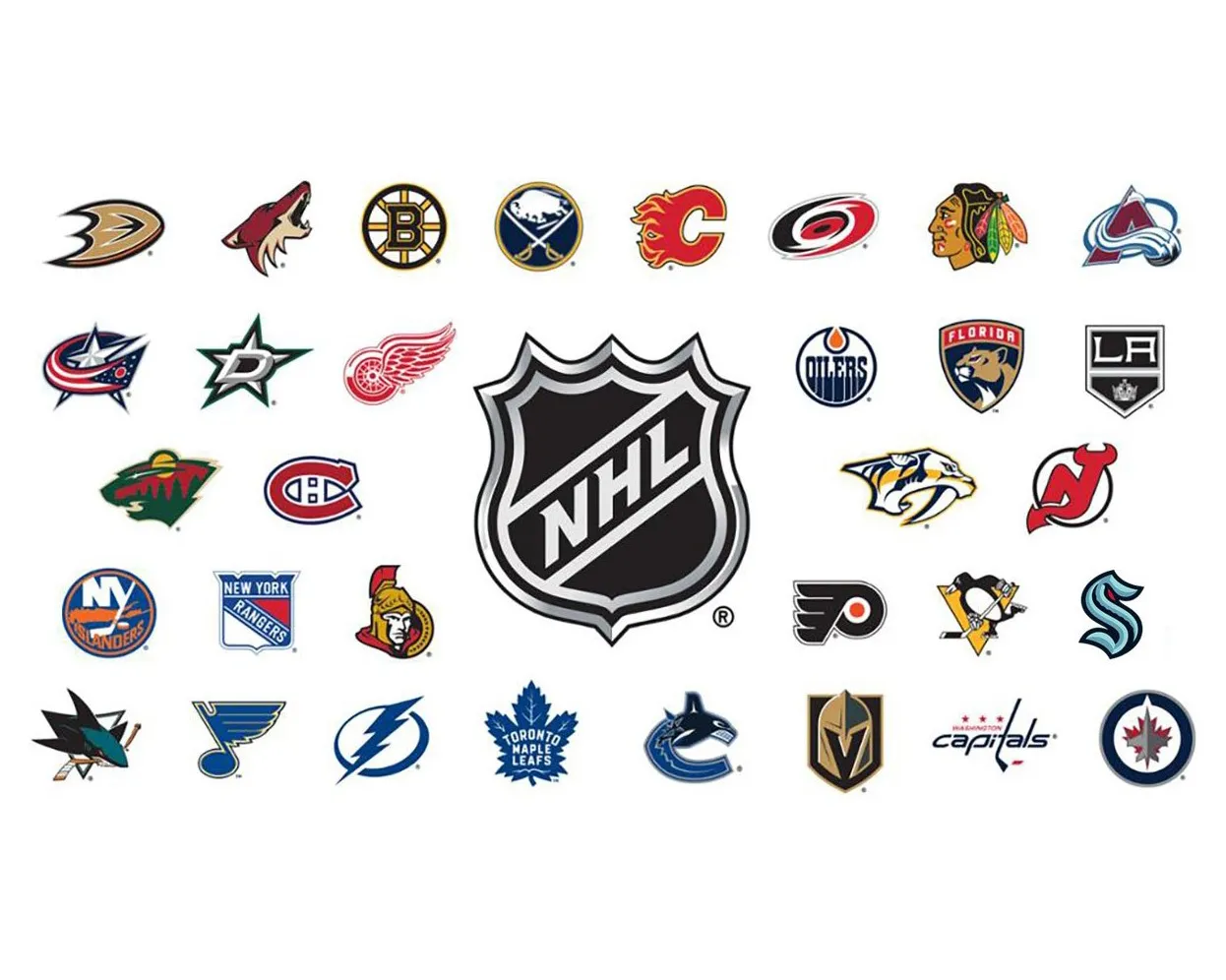Will the NHL Expand Beyond 32 Teams?
The National Hockey League’s expansion beyond 32 teams is a topic of discussion. This consideration involves evaluating market potential, fan base, and the overall impact on the league’s structure. Factors, including business viability and growth, influence expansion decisions.
Current Status of NHL Expansion
The National Hockey League, as of now, maintains a roster of 32 teams. Gary Bettman, the NHL Commissioner, has publicly stated that expansion is not a priority for the league at present. This position comes despite interest from various cities in hosting an NHL team. Cities like Houston, Atlanta, and Quebec City have shown enthusiasm toward having their own franchises. Nevertheless, the league has not committed to any expansion plans in the immediate future.

Financial Perspectives of Expansion
The financial aspect of NHL expansion is noteworthy. The introduction of teams such as the Vegas Golden Knights and the Seattle Kraken was financially successful, with the Knights’ expansion fee set at $500 million and the Kraken’s at $650 million. These figures suggest that new teams could be asked to pay between $750 million to $1 billion for entry into the league. Such high fees indicate potential financial benefits for the NHL from expansion.
Expansion and the Collective Bargaining Agreement
The Collective Bargaining Agreement (CBA), which governs the league’s operations, expires in 2026. This agreement’s renegotiation could impact future expansion. A potential lockout during these negotiations might delay any expansion plans. Furthermore, the league’s current structure, with an equal number of teams in both the Eastern and Western Conferences, provides a balanced competition framework that any new expansion would need to consider.

Balancing the Conferences
Adding new teams to the NHL raises questions about maintaining balance between the Eastern and Western Conferences. The current 16-team structure in each conference facilitates a streamlined playoff structure. Any addition of teams would necessitate a reevaluation of this balance to maintain fair competition and an effective playoff format.
Potential Expansion Markets
Interest in NHL expansion has been shown by several cities. Houston, with its large market size and existing sports culture, presents a viable location for a new team. Atlanta, previously home to two NHL franchises, remains a potential market despite past challenges. Quebec City, with its rich hockey history and modern arena, also emerges as a strong candidate. These cities highlight the diverse range of locations that could support NHL teams in the future.
Impact on Fans and Local Economies
Expansion of the NHL into new markets can have significant effects on local economies and fan engagement. New teams bring job opportunities, increased local spending, and a sense of community pride. Fans in expansion cities gain the opportunity to support a local team, enhancing their engagement with the sport.
Sports Betting and the NHL
With the increasing intersection of sports and betting, platforms like DraftKings play a role in shaping fan engagement. Betting on hockey games adds additional interaction for fans, potentially increasing interest in the sport. This factor might be considered in future expansion decisions, as it represents an additional revenue stream for the league and its teams.
Expansion and Competitive Balance
One of the significant considerations in expanding the NHL beyond 32 teams is maintaining competitive balance. The addition of new teams could potentially disrupt the current equilibrium within the league. The NHL has historically taken steps to ensure that new teams are not at a significant disadvantage. This is achieved through an expansion draft, where new teams can select players from existing teams. However, the process of integrating new teams requires careful planning to maintain a level playing field. This includes not only the distribution of players but also the alignment of teams in conferences and divisions.
Fan Engagement and Market Growth
Fan engagement is a critical aspect of any sport, and the NHL is no exception. Expanding to new cities can generate a surge of interest and loyalty from new fan bases. This engagement is not only limited to attending games but also includes merchandise sales, local community involvement, and social media interaction. The growth of the market in new areas can contribute to the overall health of the league. For cities without a professional hockey team, the arrival of the NHL signifies a major addition to their sports terrain, potentially creating lifelong fans and significant local economic impacts.
Conclusion
While the NHL currently has no definitive plans to expand beyond its existing 32 teams, the potential for future expansion remains. Factors such as financial benefits, market interest, and the upcoming CBA negotiations will play critical roles in any decision. The impact on conference balance, local economies, and fan engagement will also be key considerations. As the landscape of professional hockey continues to evolve, the possibility of new teams joining the NHL remains a topic of interest for fans and cities.




